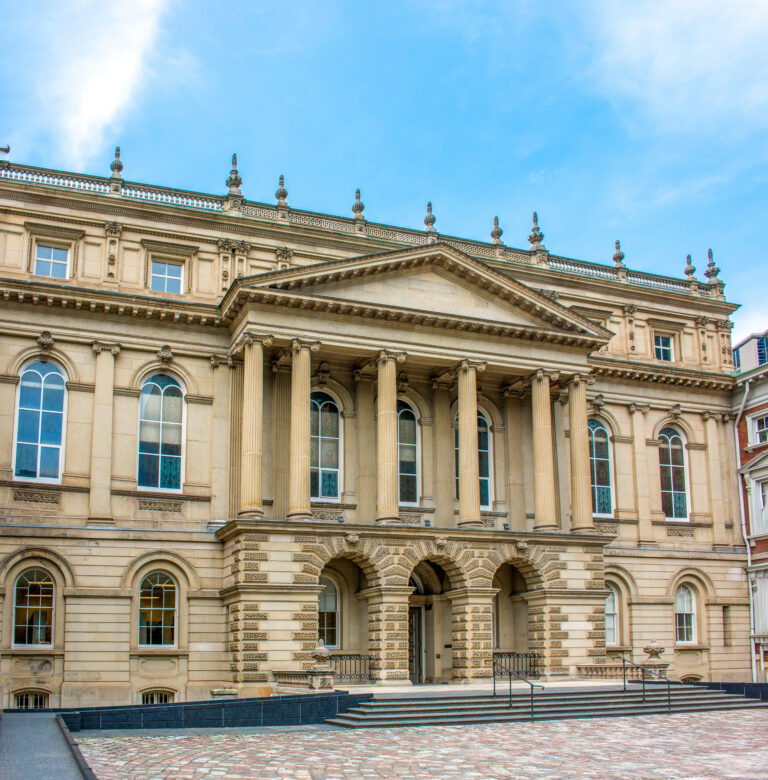Premier Danielle Smith and her United Conservative Party are between a rock and hard place, when it comes to protecting individual rights and freedoms in Alberta.
The Alberta Bill of Rights is provincial legislation that recognizes the individual’s right to liberty, security of the person and enjoyment of property, and the right not to be deprived thereof except by due process of law; the freedoms of religion, speech, assembly, association, and the press; and the right of parents to make informed decisions respecting the education of their children.
It states that “every law of Alberta” shall be so construed and applied as not to “abrogate, abridge or infringe” any of the rights or freedoms that are recognized and declared by the Alberta Bill of Rights. “Law of Alberta” means an Act of the Legislature as well as any order, rule or regulation.
Unlike the Charter, the Alberta Bill of Rights has no provision to authorize judges to strike down laws as being incompatible with the Alberta Bill of Rights. Rather, the Alberta Bill of Rights requires that all laws be construed and applied as protecting individual rights. The Alberta Bill of Rights does not have an equivalent to Section 1 of the Charter, the section which allows judges to condone laws and policies that violate our Charter freedoms.
In Lewis v Alberta Health Services, the trial judge dismissed the application of Sheila Annette Lewis to receive a life-saving organ transplant, denied to her because she refused to get injected with the Covid vaccine.
The judge declared: “There is no need to consider the claim under the Alberta Bill of Rights because if the Charter claims fail, her claim under the Alberta Bill of Rights will necessarily fail as well.”
Without explanation or analysis, the judge simply ignored the Alberta Bill of Rights, as did the Court of Appeal when affirming the lower court’s death sentence imposed on Sheila Annette Lewis.
If other judges in Alberta follow this unprincipled precedent, then the Alberta Bill of Rights will remain irrelevant.
But, Bill 24 would amend the Alberta Bill of Rights by empowering judges to strike down Alberta laws (and government policies, regulations, health orders, etc.) that violate individual freedoms. Along with giving this new power to judges, Bill 24 would also add language similar to Section 1 of the Charter, such that judges can condone laws and policies that violate rights and freedoms.
Bill 24 is based on the good intention of improving the status quo.
Danielle Smith’s government seeks to make the Alberta Bill of Rights relevant and effective. As outlined in my column earlier this week, some judges have used Section 1 of the Charter to uphold lockdowns and vaccine passports, and to trample Charter rights and freedoms into the ground. Therefore, adding the equivalent of Charter Section 1 to the Alberta Bill of Rights will very likely perpetuate the status quo, and may not help Albertans who seek protection from vaccine passports, for example.
If neither Bill 24 nor the status quo is acceptable, a third option would be to amend the Alberta Bill of Rights by adding a provision to empower judges to strike down Alberta laws that violate individual freedoms, along with provisions that make it harder for governments to violate rights. This third option would, instead of adding, “The rights and freedoms recognized and declared by [the Alberta Bill of Rights] are subject only to such reasonable limits prescribed by law as can be demonstrably justified in a free and democratic Alberta,” put in different words to guide judges.
Bill 24 can be amended so that it spells out the need for government to provide persuasive and cogent evidence to prove in court that its law or policy is reasonable, rational, truly necessary, and producing more good than harm.
To win in court, the government would need to provide empirical, scientific and compelling evidence to justify a law or policy that violated one or more of the rights and freedoms set out in the Alberta Bill of Rights. In other words, the somewhat vague and very misused language of “reasonable limits prescribed by law as can be demonstrably justified in a free and democratic Alberta” should be replaced with a clear indication that government must provide evidence in court that is clearly more persuasive than the evidence presented in court by citizens who assert their freedoms under the Alberta Bill of Rights.
The status quo is bad, not because of deficiencies in the Alberta Bill of Rights, but because some judges really do not cherish the free society. Some judges are quite content to have governments violate our freedoms of association, expression, conscience, religion, mobility, peaceful assembly, bodily autonomy, and so on, provided that the government declares a public health emergency.
Bill 24 in its current form, while based on good intentions, is not likely to improve upon the status quo.
The third option, as proposed here above, is no silver bullet either, because it does not address the deeper and bigger problem of some judges who clearly do not cherish individual rights and freedoms. No provincial (or federal) legislation can tackle the root problem, which is the naïve vision of government as a God-like entity which can neither deceive nor be deceived. Still, replacing the “Charter section 1” wording that is now in Bill 24 with better language is worth considering.
I do not envy Premier Smith’s position. I wish her and all MLAs wisdom and courage as they consider the best way forward.
John Carpay – Western Standard








